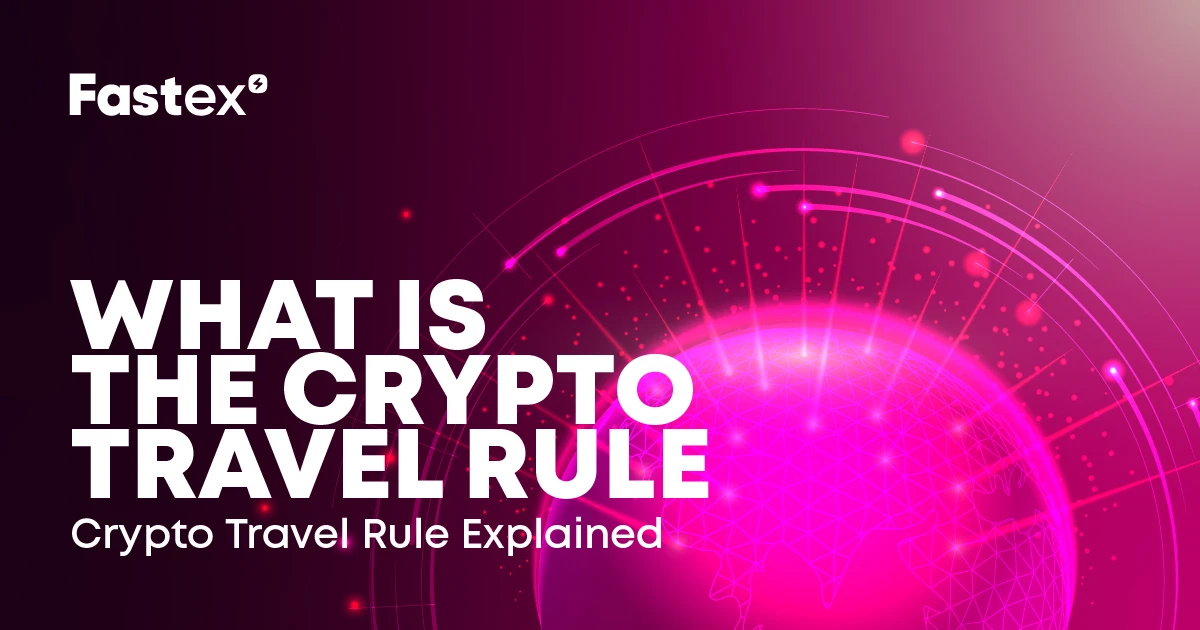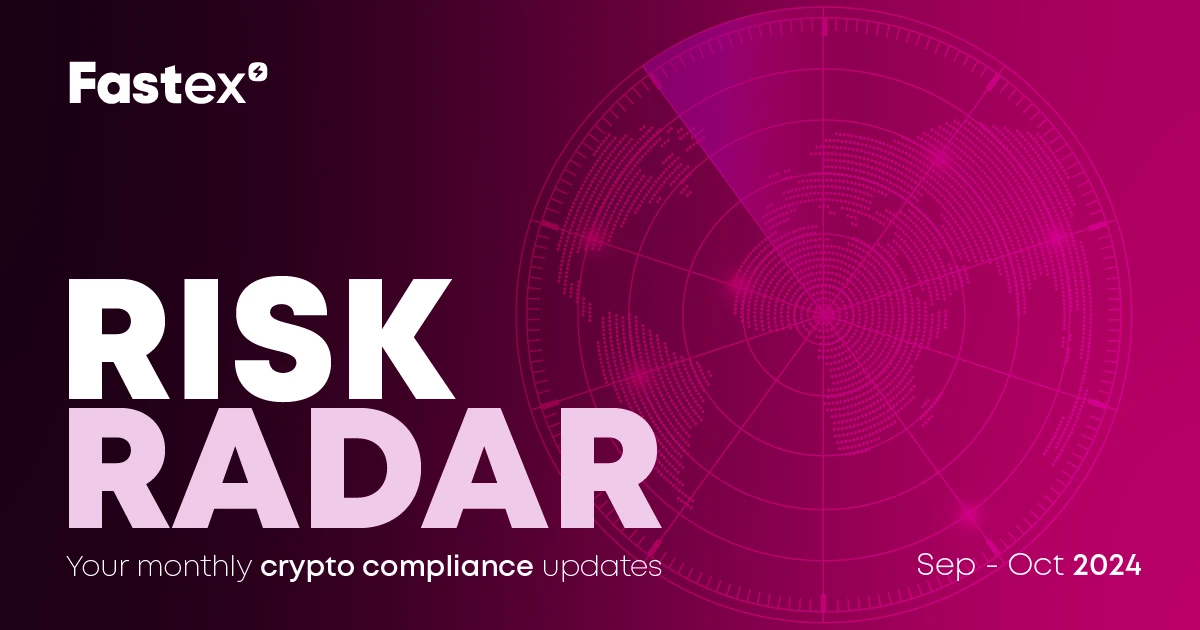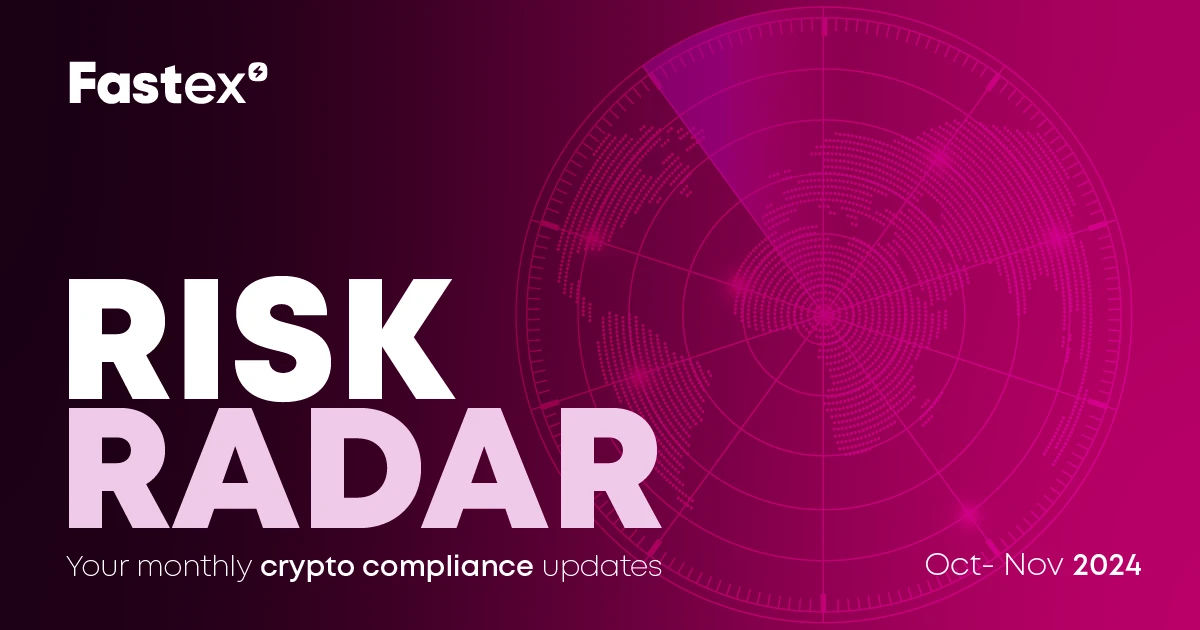
What Is the Crypto Travel Rule, and How Will It Affect Your Experience on Our Platform?
The Crypto Travel Rule is an important requirement that prevents people from losing money and being involved in terrorism financing. The rule comes from the Financial Action Task Force (FATF) guidelines and was strengthened by the Financial Crimes Enforcement Network (FinCEN) in the US. It states that financial institutions have to share specific details about the sender and recipient of cryptocurrency transactions above a certain amount. The goal is to make sure that Virtual Asset Service Providers (VASPs), like digital currency exchanges, follow the rules against money laundering (AML), and counter-terrorism financing (CTF).
The Travel Rule improves regulatory oversight, but it also brings problems, like worries about privacy and the fact that setting up systems for sharing data across countries is technically very difficult to accomplish. Even so, following the Travel Rule is becoming more and more important as governments around the world tighten their rules on digital currency activities.
Compliance with the Travel Rule may require further identity verification for crypto platform users. These changes aim to improve security and trust, but they also highlight the need for new privacy solutions to meet regulatory requirements. Understanding the Travel Rule will help you adapt to these changes and maintain a secure, compliant platform experience.
How the Travel Rule Works in Crypto
Travel Rule is created to make cryptocurrency operations more open and accountable. Virtual Asset Service Providers (VASPs) must collect and share particular data about both the sender and the receiver of crypto transfers above a certain level, as required by Financial Action Task Force (FATF) rules. This includes information like:
- Names
- Account numbers
- Other specific information about the transaction
This is similar to what has been done for a long time in traditional banking systems.
As a result of the Travel Rule, data moving between VASPs follow strict security rules to make sure they are legal and don't leak private customer data. These trades require strong infrastructure so that people can safely share information about their identities and transactions lowering the risk of hacking and unwanted access.
Many VASPs are using trust frameworks, which are safe, standard ways to share information, making compliance more manageable and trustworthy. These models make sure that affected institutions can check each other's compliance status and handle data safely and effectively. They also encourage connectivity, which makes it easier for global financial companies to follow the rules set by regulators.
The list of VASPs and cryptocurrency companies includes:
- Fiat-to-cryptocurrency exchangers;
- Cryptocurrency exchanges;
- Payment systems;
- Crypto ATMs;
- Crypto funds and so on.
By following the Travel Rule and using trust frameworks, VASPs are improving compliance and helping make crypto a legitimate part of the global banking system.
Travel Rule Thresholds
The Travel Rule covers cryptocurrency transactions that pass a set monetary threshold, with the exact amounts changing from country to country. In many places, the Financial Action Task Force (FATF) suggests a minimum amount of $1,000 (or the same amount in another currency). The rule says that when a transaction hits or goes over that amount VASPs must share personal information with the other parties. In this way, regulatory groups can track down questionable activities, and make sure people follow the rules. This is in line with normal banking practices for wire payments. In some jurisdictions, small payments don't have to follow the Crypto Travel Rule as much because transactions below this amount are usually not controlled as much.
The limits for some jurisdictions are, however, stricter or more adaptable. MiCA, The EU Markets in Crypto-Assets, for example, applies the rule to all transactions involving self-hosted wallets, no matter how much money is involved. This shows a push for more openness. Whereas the US usually sticks to the $1,000 limit, requirements may change based on changing risks and regulatory objectives.
Customers and VASPs need to know about these limits as the system makes sure that local rules are followed and lets users know when they will need to share their identity and transaction details. The stricter jurisdictions' thresholds usually apply to cross-border activities. This shows how important it is for global regulatory coordination.
How the Travel Rule Affects Your Transactions
The Travel Rule adds extra procedures to make sure your cryptocurrency transactions adhere to international legal requirements. To complete this procedure, you could be asked for extra information when sending or receiving specific transactions. When transfers surpass thresholds particular to a given country, certain restrictions usually apply.
In order to adhere to the Travel Rule, various platforms and Fastex as well share information via secure protocols and trust frameworks, guaranteeing that your personal information is treated with maximum confidentiality and protection. It is certain that access will be restricted to authorized entities and that only the data required for legal compliance will be disclosed.
In certain situations, transactions that need manual inspection may experience slight delays. This may happen when errors are discovered during compliance audits or when assets are transferred to areas with stricter regulations. In contrast with countries like the UK or Canada, the European Union and Singapore, for instance, have stricter restrictions on identifying both the giver and the recipient, even for small sums.
Transferring across foreign borders may be affected by differences in how the Travel Rules are enforced in different areas. Knowing these differences can help you figure out what to expect. Platforms like Fastex often take steps to make sure that compliance is smooth across countries. It is still the goal to keep the user experience safe and efficient while also meeting global legal standards.
Benefits of Travel Rule Compliance for Users
Following the Travel Rule has big benefits for users and makes the environment of digital assets safer and more trustworthy. The biggest benefit is that users will be safer from scams and other illegal activities.
The Travel Rule helps to lower any risks and scams, unauthorized transactions, and other types of fraud. It helps to find and stop suspicious activities by requiring the sharing of information between the sender and the recipient for certain transactions.
Regulatory confidence is another advantage. Following the Travel Rule shows that crypto platforms follow global standards for openness and responsibility. These similarities with traditional financial rules give regulators and users peace of mind, making it easier for cryptocurrencies to become more common in regular finance. This makes it safer and more reliable for users to make transactions and control their digital assets.
In addition, the rule helps make digital asset operations safer and stronger. It improves the trustworthiness of the crypto environment by pushing virtual asset service providers (VASPs) to act responsibly. As compliance becomes the norm, users can expect a more open and uniform experience across all platforms. This will build trust and make cross-border transactions less risky.
In the end, following the Crypto Travel Rule protects users and supports the legitimacy and long-term health of the crypto market. This is good for both individual investors and platforms like Fastex, which will implement the Travel Rule and make everything safe and sound for users.
Disclaimer: Includes third-party opinions. No financial advice.




